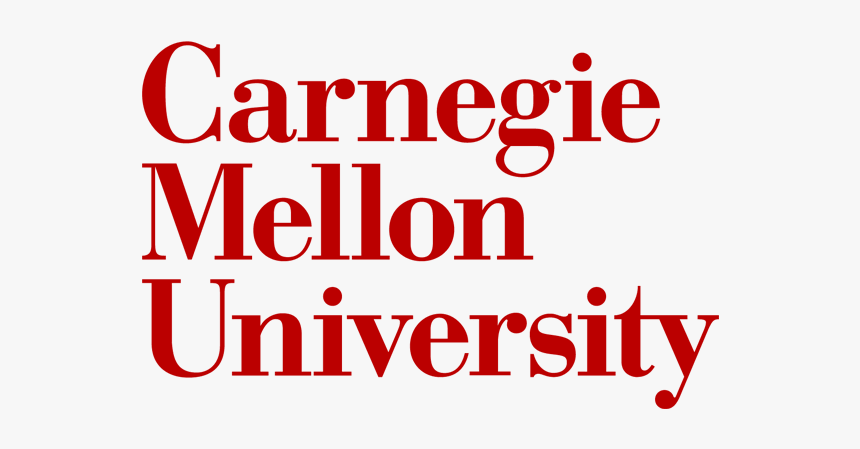Carnegie Mellon University: CMU Achieves New Milestone in Efforts To Mitigate COVID-19 Spread
The Carnegie Mellon University community continues to work together in a campus-wide effort to mitigate the spread of the COVID-19 pandemic. Recently released data shows nearly universal compliance with the university’s vaccine policy, which includes becoming fully vaccinated or being approved for an exemption.
As of Oct. 25, 98% of CMU students, faculty and staff are fully vaccinated against COVID-19 (two weeks past their final vaccine dose of a U.S.-approved, U.S.-emergency use authorized or WHO-emergency use listed vaccine). Roughly 2% of the community were approved for exemptions for medical reasons, religious belief or strong moral or ethical convictions. In a population of nearly 20,000 community members, CMU administrators continue to actively work with the fewer than 100 individuals who have extenuating circumstances but who are in progress to meeting compliance with the university’s requirements.
“Carnegie Mellon’s faculty, staff and students have been incredibly responsive in meeting COVID-19 vaccination compliance obligations, helping us reach such a high vaccination rate,” said Daryl Weinert, CMU’s vice president for operations, interim vice president for research and COVID-19 coordinator. “We are grateful for their continued vigilance, which has allowed our community to come together for in-person activities and our campus to come alive once again this fall.”
In addition to meeting the vaccine requirement, the CMU community has been an active and engaged partner as the university pursued wide-ranging strategies to mitigate the spread of COVID-19. Last year, CMU conceived and built its own lab to test community members for COVID-19, one of the few universities in the country without a medical school to do so. The lab and accompanying Tartan Testing program made it possible for any student, faculty or staff member to receive free, regular COVID-19 asymptomatic tests, including those coming to campus who were required to complete a test on a weekly basis. Tartan Testing has been a critical strategy in allowing student-athletes to resume play, and all athletes continue to be required to test weekly. Still fully operational, Tartan Testing has tested more than 109,000 samples since it began in December 2020.
CMU created early partnerships with healthcare providers to help provide access to COVID-19 vaccines and offered vaccine clinics on campus. The university also pursued a multifaceted approach to educating its community about the science of vaccines and the important role they play in community health and safety. Early on in the pandemic, the university required the use of facial coverings and physical distancing. Additionally, all CMU community members were asked to complete daily symptom self-assessments, and students committed to following “A Tartan’s Responsibility” community standards. CMU also employed contact tracing and created a robust public COVID-19 data dashboard.
“I am proud of the CMU community, all of whom have done a terrific job complying with the university’s requirements to mitigate COVID-19 since the beginning of the pandemic,” said Gina Casalegno, vice president for student affairs and dean of students. “Everyone pulled together to follow these strategies — including compliance with the vaccine requirements — and in the process played a critical role in protecting themselves, and the health and well-being of the community at large.”
CMU offers students, faculty and staff the opportunity to request an exemption/waiver from the immunization requirements if vaccination is not advised for medical reasons or conflicts with an individual’s religious belief or strong moral or ethical conviction. Those granted an exemption are required to comply with additional COVID-19 mitigation requirements, including the ongoing use of facial coverings, completion of the Daily Self-Assessment, and weekly Tartan Testing.

